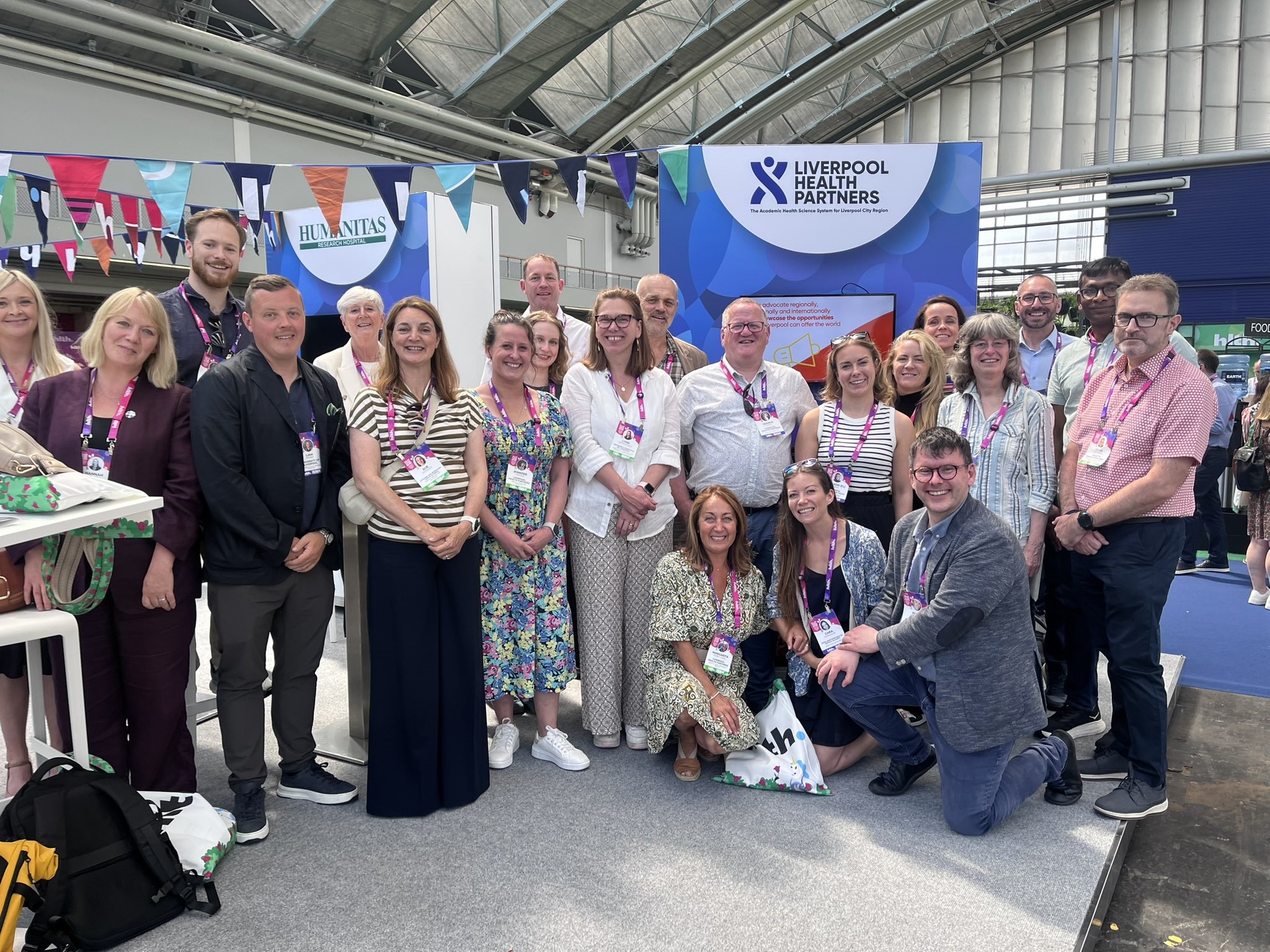Next important phase in infectious diseases research in Liverpool launched
Professor Dame Sally Davies, former Chief Medical Officer and current UK Special Envoy on Antimicrobial Resistance, visited Liverpool today to help launch an ambitious new programme of AMR research at the University of Liverpool and Liverpool School of Tropical Medicine (LSTM).
As part of an ambitious new chapter for their Centre of Excellence in Infectious Diseases Research (CEIDR), the two institutions are stepping up efforts to tackle the AMR crisis and its impact on human health in Liverpool, the UK and globally.
During her visit, Dame Sally unveiled a plaque marking CEIDR’s new £3.5m NIHR Antimicrobial Resistance Laboratories. These state-of-the art laboratories will provide the infrastructure needed for Liverpool researchers to develop personalised antimicrobial therapies to prevent and treat AMR.
Professor Dame Sally Davies said: “Antimicrobial resistance is the crisis of our times. If we don’t take sufficient action now, then the number of drug-resistant infections we are already starting to see affecting patients in our hospitals and communities now will only continue to get worse. Routine operations such as hip replacements or organ transplants are already becoming riskier as bacteria become resistant to the antibiotics on which we have grown used to relying.
“With Liverpool’s long and pioneering history in infectious diseases research, and its considerable strengths in enabling sciences and technologies, CEIDR is in a prime position to contribute to the national and international agenda in AMR.”
Building upon three successful years of work focused on academic-industrial partnerships CEIDR is moving through an exciting phase of expansion. In direct response to the Liverpool health agenda and the global fight against antimicrobial resistance, CEIDR is evolving into an academic-led centre with a commitment to interdisciplinary research, education and training, and the civic agenda.
While CEIDR plans to address a range of infectious diseases challenges, it will concentrate efforts on the most pressing ‘grand challenges’ and threats to human health, beginning with AMR. Research goals include developing new antimicrobial molecules, vaccines and materials; personalising their use and ensuring they are used sustainably within populations.
Working in partnership with Liverpool Health Partners and bringing together a range of academic and industry expertise, planned projects include an innovative new ‘Liverpool Smart Antimicrobial System,’ which will deliver city-wide surveillance, evidence and feedback system to promote optimal antimicrobial use, detect AMR, support its management and much more.
Professor William Hope, Dame Sally Davies Chair in Antimicrobial Resistance at the University of Liverpool, has been appointed as CEIDR’s new academic Centre Director. With expertise covering drugs and antimicrobials, diagnostics, vector control products and vaccines, Dr Fiona Marston will continue to lead the centre’s well-established industrial partnership programme under the new name of CEIDR Innovations.
Professor Louise Kenny, Pro Vice Chancellor of the Faculty of Health and Life Sciences, said: “This important new phase for the Centre of Excellence in Infectious Diseases Research responds both to our civic responsibility to the City of Liverpool and our wider responsibility to the global community. We are grateful to the National Institute for Health Research for their capital investment in our Antimicrobial Resistance Laboratories, which are a crucial enabler of this important work.”
Professor David Lalloo, Director of the Liverpool School of Tropical Medicine, said: “I welcome this important first step in the expansion of the Centre. Combining our joint research expertise, rooted in many global partnerships, with national industry and regional NHS links will form an excellent basis to grow Liverpool city region’s leading role in infectious diseases research which will benefit patients, here and overseas.”



